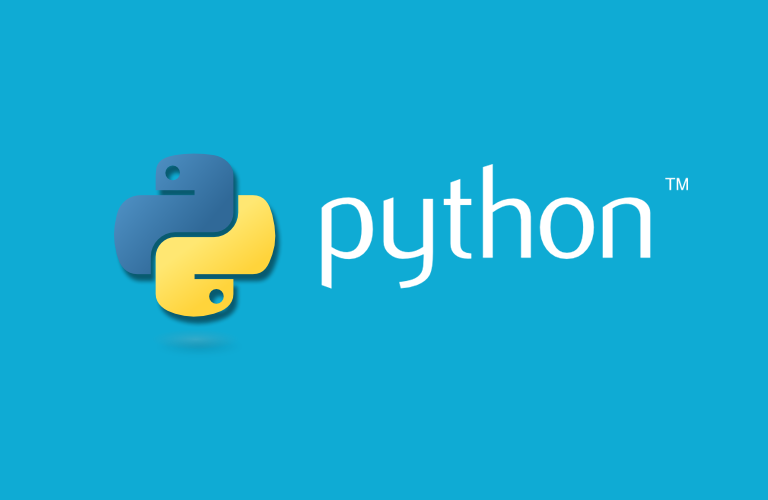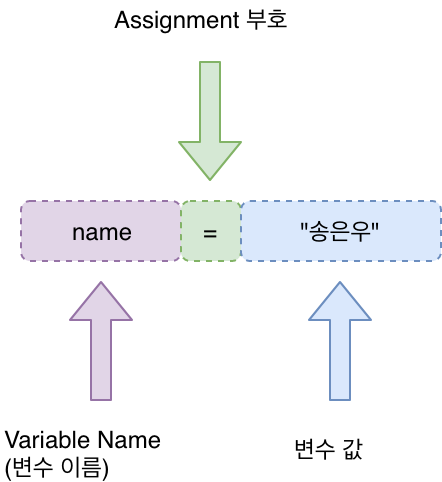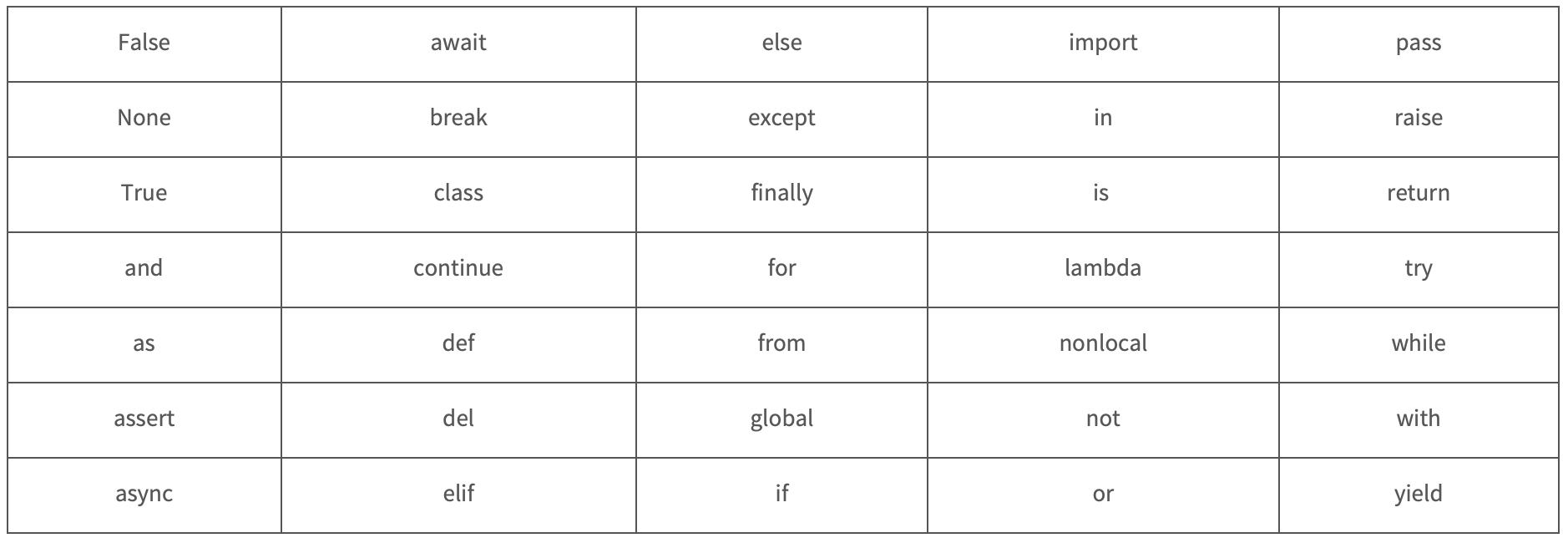
프로그램에서 사용되는 데이터를 저장해 놓는 일종의 저장 공간을 변수(variable)라고 부른다. 즉, 변수란 데이터를 저장할 수 있도록 이름을 할당받은 메모리 공간을 의미하며, 이렇게 저장된 데이터에는 언제든지 다시 접근하거나 그 값을 변경할 수 있다.

우선 변수를 선언하여 문자열을 저장한 다음 해당 변수를 사용하여 문자열을 출력하면 된다.
변수가 지정되면 파이썬은 변수의 실제 값을 자동으로 적용한다.
name = "고갱"
print(name) >>> 출력값="고갱"변수 이름 법칙
- 변수명은 영문자(대소문자), 숫자, 언더스코어(_)로만 작성할 수 있다.
- 변수명은 숫자로 시작할 수 없습니다. 즉, 반드시 영문자나 언더스코어(_)로 시작해야 한다.
- 변수명은 대소문자를 구분한다.
- 변수명에는 파이썬에서 미리 정의된 예약어(reserved words)는 사용할 수 없다.

올바른 변수 이름
- name
- _name
- my_name
- myName
잘못된 변수 이름
- 7name
- my name
Assignments
코드 창에 나와있는 printd 구문이 아래와 동일한 string이 출력되도록 코드를 완성해주세요.
(Hint: print 문에 사용된 string 포맷은 Literal String Interpolation 포맷입니다. 더 자세한 정보는 https://realpython.com/python-f-strings/ 을 참조하세요.
Python was conceived in the late 1980s by Guido van Rossum at Centrum Wiskunde & Informatica (CWI) in the Netherlands as a successor to the ABC language (itself inspired by SETL), capable of exception handling and interfacing with the Amoeba operating system. Its implementation began in December 1989.
date = 1980
python_inventor = "Guido van Rossum"
location = "Centrum Wiskunde & Informatica"
country = "Netherlands"